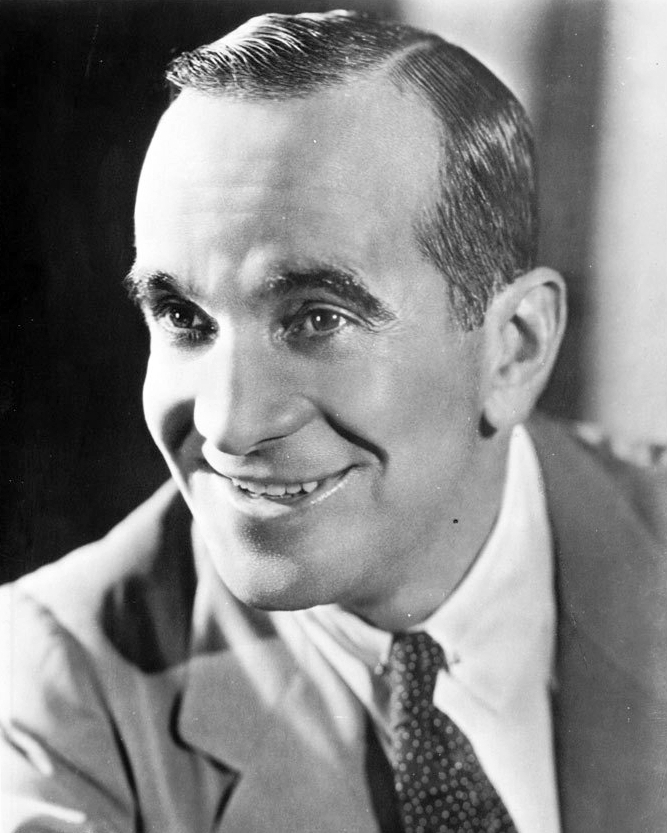Introduced by the dynamic performer Al Jolson in the late 1920s, the song "Sonny Boy" is a poignant ballad that continues to resonate with audiences today.
A Brief Historical Context
Released during the roaring 1920s, this song offers a moving narrative of paternal love set against the backdrop of an era marked by economic prosperity, cultural shifts, and technological advancements.
Al Jolson's soulful rendition of "Sonny Boy" broke new ground as it deviated from the typical light-hearted tunes of the era. It successfully conveyed deep emotions and poignant longing, showing that popular music can be more than just entertainment - it can be a powerful form of storytelling.
Interesting Facts and Cultural Impact
Did you know that "Sonny Boy" was the first song to sell over three million copies of sheet music? This speaks volumes about its immense popularity and the cultural impact it had at the time. Jolson's heartfelt delivery paired with the song's touching lyrics made it a hit in the 1920s, and it remains a classic today.
The song's cultural influence extended beyond the decade, as it was covered by numerous artists and featured in multiple films, further solidifying its status in popular culture.
Cover Versions and Lasting Importance
The song's enduring appeal is evident in its numerous cover versions. Artists like Bing Crosby and Frank Sinatra have put their unique spin on this 1920s song, contributing to its timeless allure.
Despite its age, "Sonny Boy" remains relevant today. It's a testament to Al Jolson's talent and the lasting power of well-crafted music. The song's enduring popularity demonstrates that themes of love and longing are universal, transcending time and cultural boundaries.







Comments (0)